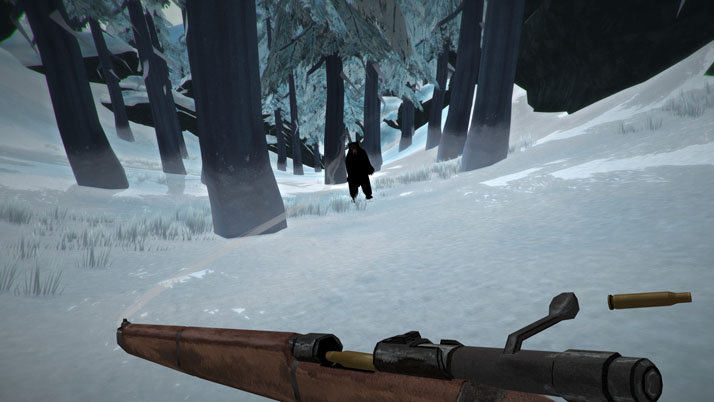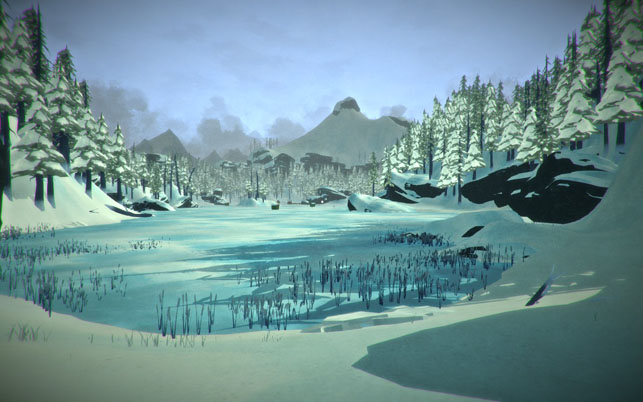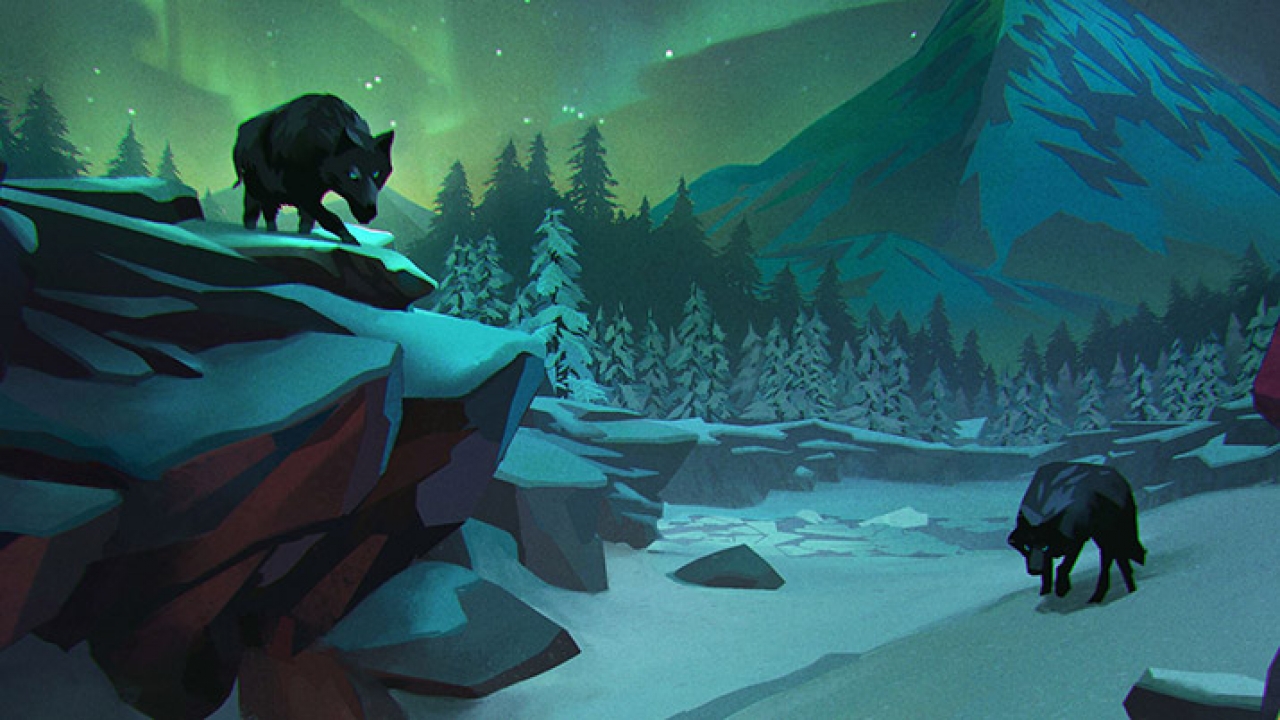The long, dark success
The Long Dark has been heralded as one of the good ones in Steam’s controversy-ridden Early Access program. After a successful Kickstarter campaign in 2013 and entering Early Access in 2014, The Long Dark has received frequent updates from the Canadian development team at Hinterland Studio, bringing us to the much-awaited full release in August, 2017.
The Long Dark drops you, defenseless, into the harsh Canadian wilderness, putting you in a genuine state of isolation that few games have been able to accomplish while remaining fun. You must stay warm, stay fed, and stay uneaten by packs of wolves.
The good news is that The Long Dark does have an excellent approach to making a survival game, and the results here can be damn enjoyable. The bad news is that the new content added upon launch – most notably the story mode – is a bit underwhelming.
With its launch from Steam Early Access, the most notable addition to The Long Dark has to be its story mode – what the Hinterland devs have named Wintermute. Although I think there is room for a good story within the framework of The Long Dark, I’m not sure they delivered one here.

A ravenous, wolf-laiden, tundra-pacolypse
The story is territory we’ve certainly explored in TV and movies, but not much in games. You, a pilot by the name of Will Mackenzie, and your former(?) lover, Dr. Astrid Greenwood, are in a plane crash somewhere in the Canadian wilderness, a desolate and brutally cold environment. Your plane seemed to be disabled by an inexplicable flash in the sky. After waking up from the crash you set out to find Astrid, but you have a long way to go.
Some dialogue can come off a bit hokey, but that wasn’t the biggest downfall of the game’s story elements: rather, the culprit is the cutscenes. These got to be entirely too long and broke me out of the title’s intense survival immersion. I would have much rather had to put together bits and pieces of our protagonist’s past than have large chunks of it played out for us at once. The writing here isn’t bad or even below average, there’s just a bit too much of it. A bit more subtlety and the story would have been much more compelling and memorable. There were times that these ham-fisted cutscenes would break me from the game’s otherwise impressive immersion.
And when the cutscenes become text dialogue, it feels completely out of place.
I felt very disconnected from the game when I would return to it after not playing for a few days. Loading up my old save, I came back to a character standing in the snow in the dead of night with no clear markers to tell me where I am or what the hell I was up to when I left off. I understand that the game doesn’t want to hold your hand or make it glaringly obvious what you need to do to survive, but when I start my gaming session off on a such an awkward foot, it sets a bad tone.
As a whole, Wintermute is awkwardly paced and seemingly rushed in parts. One particular cutscene ends with an ominous, “They should have got to her before it was too late…” in reference to the wife-ish person that I’m searching for. If I’m just standing in weirdo Grey Mother’s living room, I’m not going to just let the conversation end right there arbitrarily. When I try to restart the conversation, the old woman just tells me to “Leave her to her thoughts” for a bit....
Lady! I was just in a plane crash and I’m on the search for my wife-ish person through a ravenous, wolf-laiden, tundra-pacolypse! Get your shit together and tell me what you know!

Survival Mode is the way to play
For all the negatives I listed about the clunky delivery of the game’s story elements, The Long Dark nailed it on the survival aspect of the game. Yes, you deal with your typical hydration, hunger, and energy meters, but they don’t seem to pester you like I’ve experienced in other survival games. Your hunger and thirst don’t require attention every minute: they need some attention every few minutes. It’s more about being proactive and prepared than constantly coddling your protagonist.
Survival Mode is so clearly where this game shines, that maybe it’s where the release should have stayed, rather than branching into a full-blown story mode. The title paces itself based on your own survival instincts, not by forced cutscenes or fetch quests. I’m barely curious about the source of this mysterious magnetic pulse or the whereabouts of my estranged lover, I’m beyond intrigued as to how the hell I’m able to survive this barren winter wasteland all on my own. This is the game’s hook, and it can get you pretty lost in an engaging survival process.
At first, I thought there were too many progress bars, and maybe there are, but that was before I realized what I was doing while I was waiting for that fire to start or whatever action I was carrying out. In those tedious moments, that’s where I was spending time listening to the environment around me and thinking about what I need to do next. With preparation being such an important facet to your success in The Long Dark, these semi-extended progress bars are the perfect opportunity to take a step back and strategize.
In the end, though, The Long Dark is meant to be played in Survival Mode. I felt compelled to challenge myself to just stay alive, to find the next shelter so that I could see what else is hiding in the corners of these well-designed maps. There’s far from infinite replayability here, but there’s plenty of hours of gameplay available to get your money’s worth.
The Verdict
The Long Dark is imperfect, but it could be one of the best experiences out there in the survival genre. If you’re not all-that-patient and you’re looking for a good single player narrative, this may not be the game you’re looking for. If you’re intrigued by the challenge of isolation and the feeling that you’re fighting against an environment that isn’t trying to kill you, but rather just doesn’t care about you, then you absolutely must try The Long Dark.


